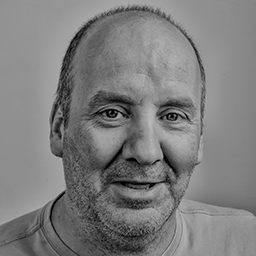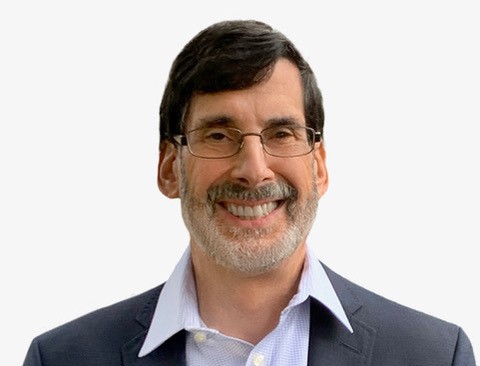BY MIKE MAGEE
“As I’ve said before, I believe Dr. Ladapo is an anti-science quack who doesn’t belong anywhere near our state’s Surgeon General office, let alone running it. But now that he’s been confirmed, it’s my sincere hope that he and Governor DeSantis choose to focus on saving lives and preventing unnecessary illness instead of continuing their absurd promotion of conspiracy theories and opposition to proven public health measures — but I’m not going to hold my breath.”
If you identified these as the words of the former governor, and now Congressman Charlie Crisp, currently running to retake the office he once held, you’d be wrong. These are the words of another state Democrat who is running a distant 2nd in the Democratic primary battle set for this summer.
Her name is Nikki Fried, Florida’s Agricultural Commissioner, and the only Democrat in his Cabinet. This is not the first time she’s tangled with DeSantis over Joseph Ladapo. She vigorously opposed his nomination in October, 2021, citing among other deficits promoting Covid misinformation, discriminating against Black farmers, and refusing to wear a mask at the request of State Senator Tina Policy who was undergoing chemotherapy for breast cancer.
By all accounts, the health department that Dr. Ladapo is supposed to be surgeon generaling is a mess. An investigative report in this week’s Tampa Bay News, found that in the past seven months as Covid variant cases topped 80,000 per week in the state, public health officials failed to report back positive tests to nearly a quarter of those infected, and failed to include 3,000 cases of COVID-19 deaths in the states mortality stats. During this same period, Ladapo, who earned his reputation for incompetence as a Trump sycophant, recommended that the state’s health departments cease all COVID contact tracing.
It would be comforting to imagine that politically motivated medical malfeasance is restricted to this one state, but a comprehensive article published this week in the BMJ, tracking U.S. health data from 2001 to 2019, finds that politics does indeed affect your health.
In a prior study published in JAMA the authors had established that there was a growing gap in morbidity and mortality between rural and urban areas in the U.S. As a follow-up, the lead author decided to explore whether county level political leadership affiliation positively correlated with poor medical outcomes.
In an article this week, the author, Haider J. Warraich, an assistant professor at Harvard Medical School, stated, “Regardless of whether we looked at urban or rural areas, people living in areas with Republican political preferences were more likely to die prematurely than those in areas with Democratic political preferences. There was no single cause of death driving this lethal wedge: The death rate due to all 10 of the most common causes of death has widened between Republican and Democratic areas… Based on statistical testing, the gap in mortality appeared to particularly widen after 2008, which corresponds to the passage of the Affordable Care Act in 2010, a major part of which was Medicaid expansion.”
As expected, the poorest performing areas coincided with those under the control of Republican governors who refused to accept federally subsidized expansion of Medicaid services for their citizens.
While DeSantis and his fellow governors fan the flames of “replacement theory” and gratefully accept the unwavering support of the Trump base, they may want to focus on this surprise finding in the BMJ data – The “fourfold growth in the gap in death rates between white residents of Democratic and Republican areas seems to be driving most of the overall expanding chasm between Democratic and Republican areas.”
In 2005, I gave a speech at the Library of Congress that caused a stir. Its title was “Health is Political.” Dr. Warraich’s work adds concrete data in support of the argument. As he recently wrote, “In an ideal world, public health would be independent of politics. Yet recent events in the U.S., such as the Supreme Court’s impending repeal of Roe v. Wade, the spike in gun violence across the country, and the stark partisan divide on the response to the Covid-19 pandemic, are putting public health on a collision course with politics. Although this may seem like a new phenomenon, American politics has been creating a deep fissure in the health of Americans over the past two decades.”
Mike Magee M.D. is a Medical Historian and the author of “CODE BLUE: Inside the Medical-Industrial Complex.”






Leave A Comment